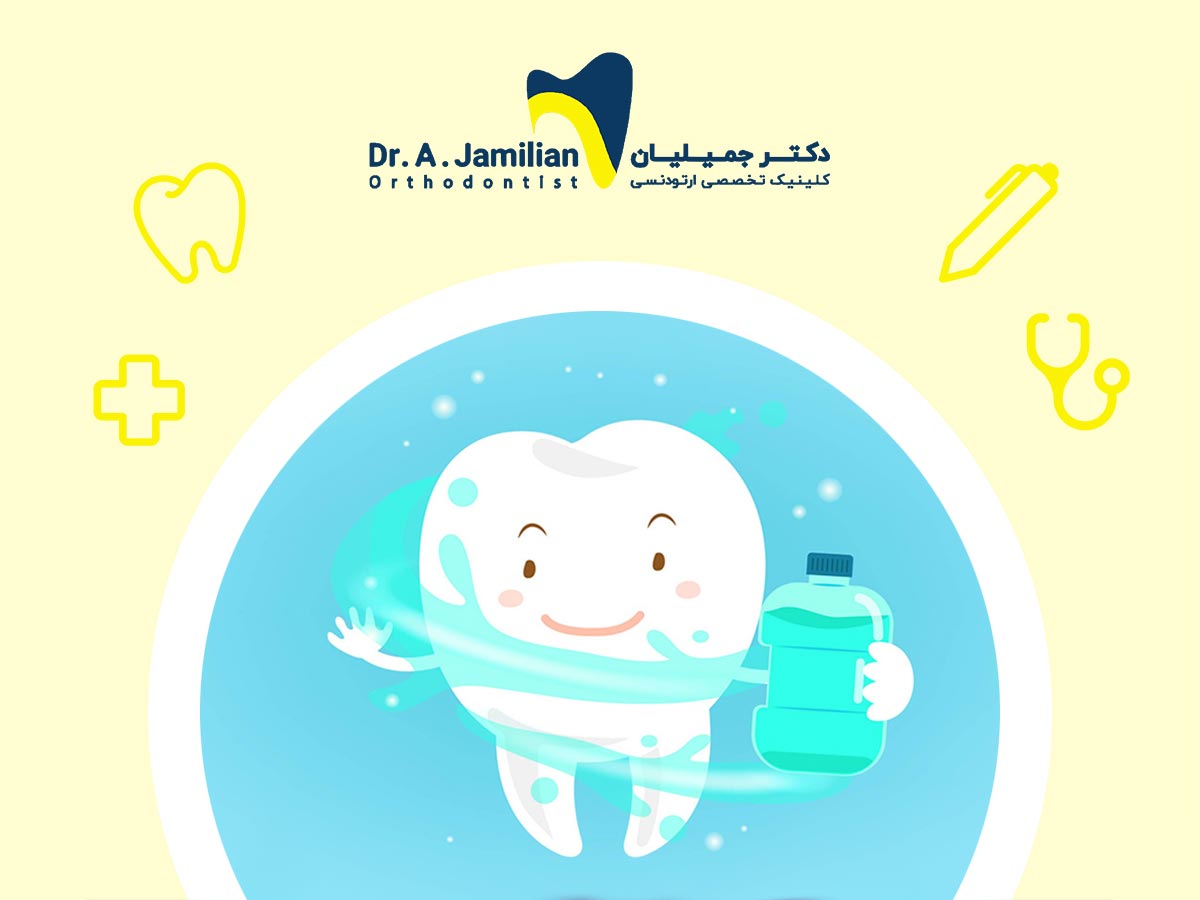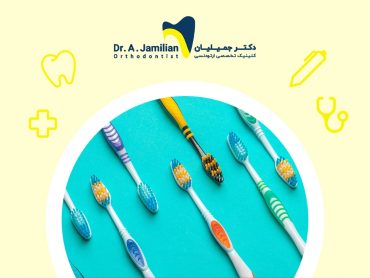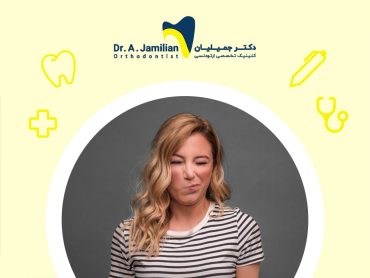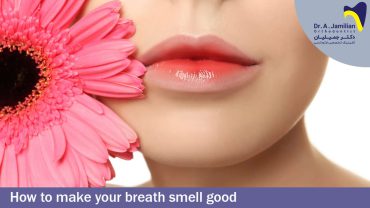Mouthwash has many uses, though many of us use it on a daily basis, it may be important to know what it does. Rinsing your mouth with an adequate mouthwash keeps your breath fresh. It also eliminates tooth cavity bacteria, as well as maintains your gingiva health. Using mouthwashes containing chlorhexidine for undergoing orthodontic treatment cases must be avoided, as this substance changes teeth colors.
Note that rinsing the mouth with a mouthwash will never replace daily tooth brushing and flossing. In fact, this solution helps you to rinse some parts of the mouth such as the internal wall of the cheeks, above and below the tongue, and interdental spaces. The most important function of mouthwash is to freshen your breath or else if you suffer from chronic mouth bad smell, you should consider some serious treatments.
It is claimed that many mouthwashes, such as fluoride, can eliminate acids produced by the activity of dental bacteria. This will help many in their dental journey. However, before rinsing your mouth with mouthwash, first rush and floss your teeth.
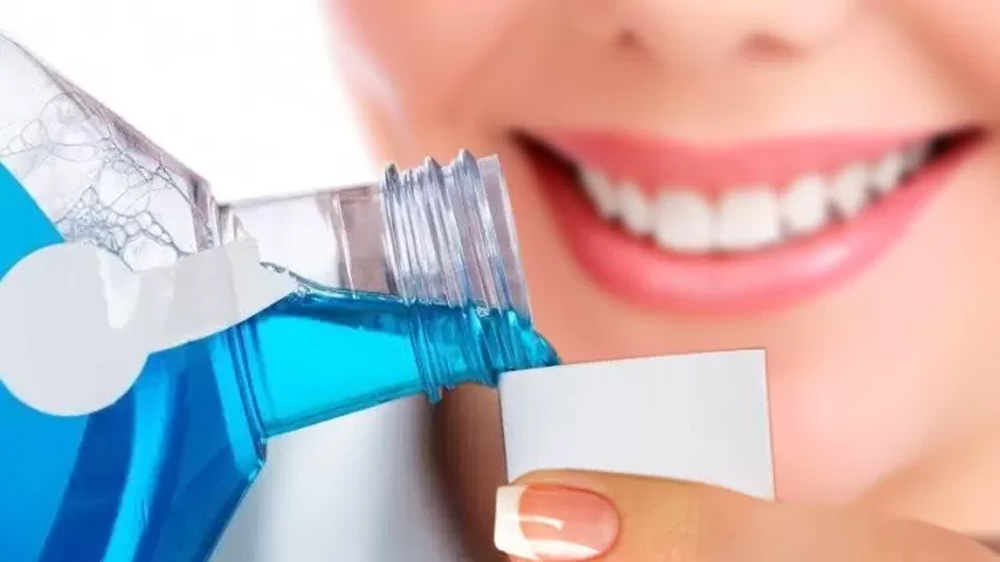
If you have recently resolved an oral health issue, your dentist may advise you to use a specific type of mouthwash. Furthermore, there are mouthwashes that dentists may prescribe for people who have sensitive teeth.
It makes no difference whether you rinse mouthwash in your mouth before or after brushing your teeth; what matters is how you do it.
Before using any type of mouthwash you should thoroughly read the label; certain mouthwashes must be diluted with water before use.
Mouthwash requirements
To rinse a mouth wash you don’t need many supplies. Requirements are such as:
- Mouthwash solution
- something like a spoon or small cup specially for it (the door of most mouthwashes is built for this purpose)
- In case of need to dilute the solution some water
Important points in using mouthwashes
For a better effect of mouthwash on oral and dental hygiene, there are a few important points that must be taken into account. Below are the most important points in this regard.
1-Selection of the most appropriate mouthwash
There are various forms of mouthwash on the market that you can provide by considering your personal requirement. Cosmetic mouthwashes, for example, can only deodorize your mouth and cannot kill the oral bacteria that cause dental plaque even using it with the right instructions. Each one is its own unique thing, making mouthwashes further interesting.
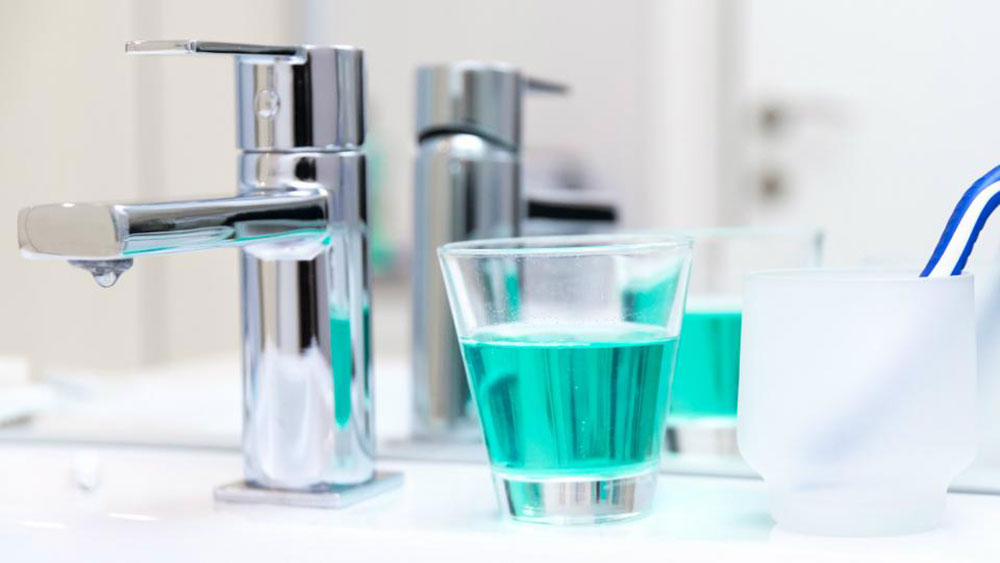
Therapeutic mouthwashes not only can kill oral bacteria that cause bad breath and dental plaque, but they can also whiten teeth in some cases. It’s a benefit with a lot of disadvantages in other words. The most economical type of mouthwash is this type. All kinds of fluoride-containing solutions can be used to avoid dental cavities. You can also use different natural solutions to reduce the usage of chemicals and dye usage. Try not to use alcohol-containing mouthwashes because they can dry out the mouth and cause wounds.
2-Effective use of mouthwash
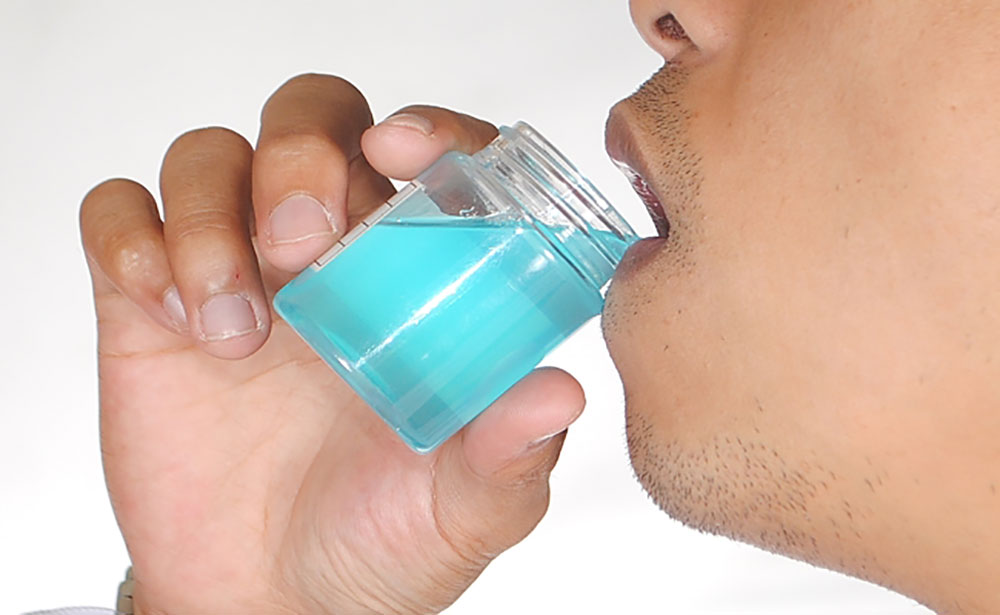
Pour the required amount of solution into a cup, according to the product label. This amount is usually about 20 mL and 10 mL for fluoride-containing mouthwashes.
3-Pour the mouthwash on your mouth
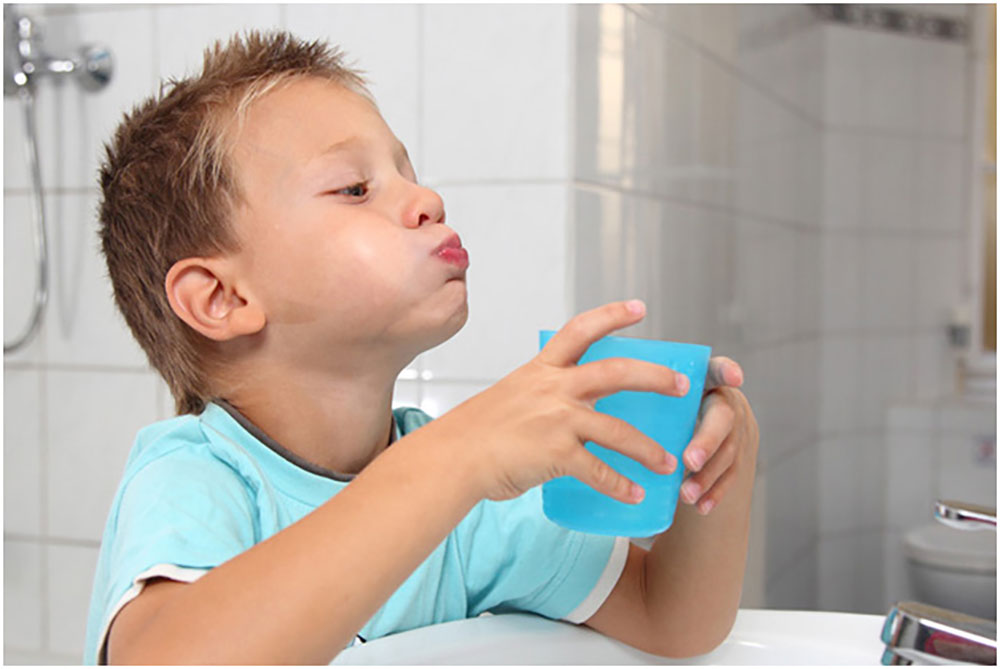
In the right instruction for using mouthwash, pour the specified amount of it in your mouth once. Hold your breath for a few seconds. Take care not to spill or drink the solution; the chemicals in them can cause serious and unwanted digestive problems.
4-Gargling mouthwash
Keep the solution in your mouth for 30 seconds to around one minute and swirl it. Based on the correct method, try to swirl the solution around all your teeth. Pay attention to the back teeth as well as the front ones. Something that many forget is to gargle under and around the tongue. This helps greatly in a way that the whole oral cavity gets saturated with the solution.
Since the oral bacteria causing bad breath are often accumulated in the front of the throat, it is very important to completely gargle the whole oral cavity with the solution to remove such bacteria.
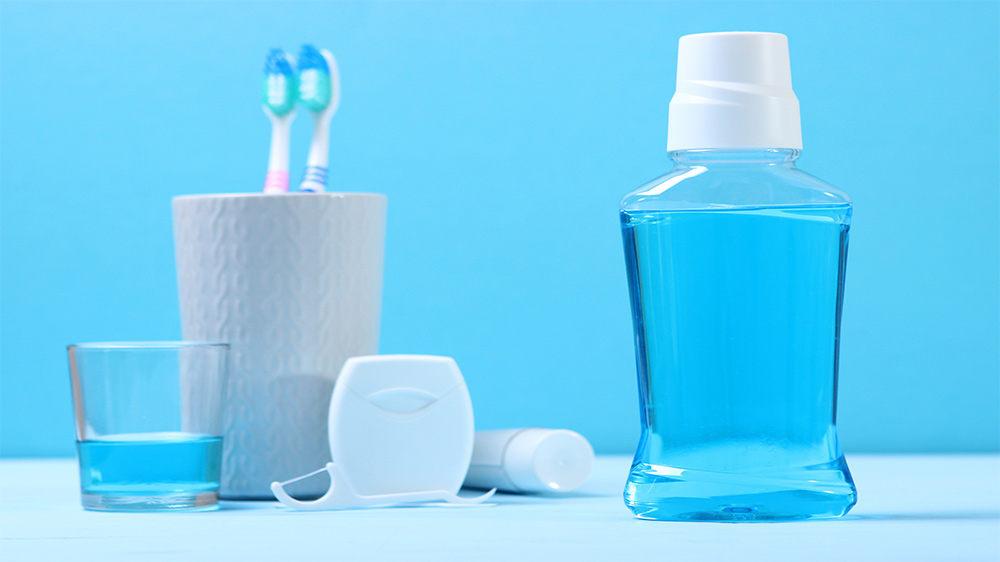
5-Pouring mouthwash out of mouth
After completely gargling the oral cavity with the solution, spit the mouthwash out into the sink and then wash the sink entirely. Depending on the type of mouthwash, you should avoid eating or drinking something for 30 minutes to two hours after rinsing your mouth. In fact, this is one of the correct ways of using them which can improve its effectiveness. If you use mouthwashes containing strong chemicals, such as alcohol or H2O2, make sure to rinse your mouth with water afterward.
